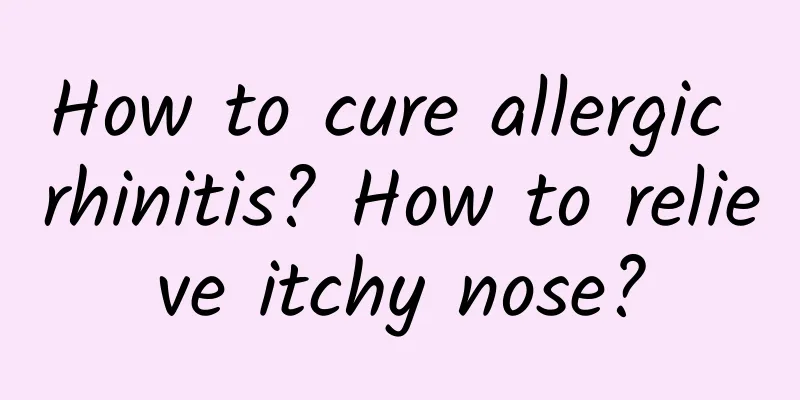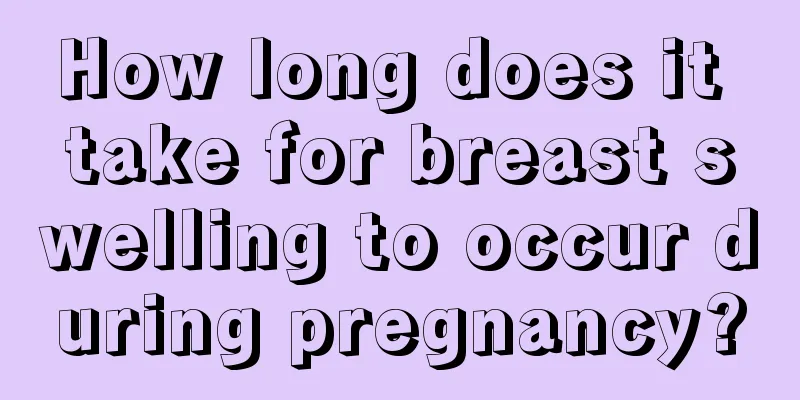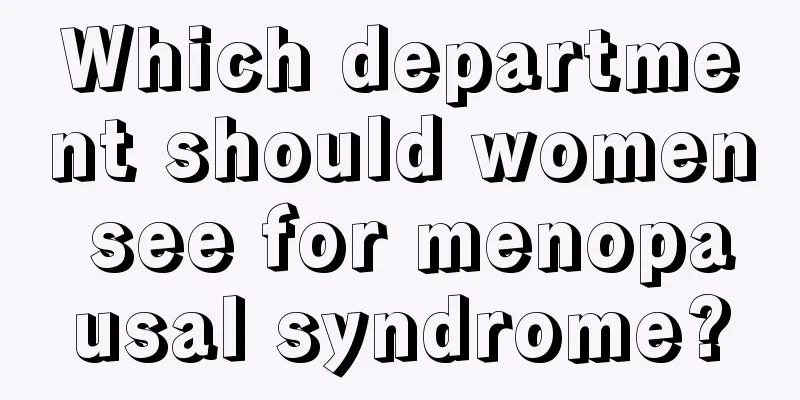How to cure allergic rhinitis? How to relieve itchy nose?

|
Allergic rhinitis is an inflammation that many people suffer from. It is easy to relapse and become more and more serious. Allergic rhinitis can be controlled by medication, but it is not easy to cure it. So how to relieve the itching of the nose caused by allergic rhinitis? How to cure allergic rhinitisAllergic rhinitis cannot be cured, it can only be suppressed. The treatment of allergic rhinitis is divided into avoiding contact with allergens, drug treatment, and desensitization therapy. Avoid contact with allergensThis is the most important measure to prevent and treat the disease. Special masks, nasal filters, pollen blockers, etc. can be used to reduce the inhalation of allergenic pollen and dust mites and relieve nasal symptoms. Drug treatmentThe first choice of drugs is nasal glucocorticoids (mometasone furoate nasal spray, budesonide nasal spray, fluticasone propionate nasal spray, etc.), in addition, oral second-generation antihistamines (loratadine, cetirizine, etc.), nasal antihistamines (azelastine hydrochloride nasal spray, etc.), oral anti-leukotriene drugs (montelukast, etc.) can also be used. They can be used alone or in combination as appropriate. In addition, nasal irrigation can be used as an auxiliary treatment for allergic rhinitis. Because the specific drugs and dosages for adults, pregnant women and children of different ages are different, they should be purchased and used under the guidance of a doctor. Desensitization therapyIt stimulates the body with gradually increasing doses of allergens so that the body is no longer sensitive to allergens. The effect of this therapy is accurate, but it can only desensitize dust. It is suitable for patients with single dust mite allergies or patients with fewer other allergens (1-2 types). How to relieve itchy nose caused by allergic rhinitis(1) Avoid allergens as much as possibleFrom late August to October every year, the "summer and autumn pollinosis" outbreak period in northern my country. Many people will experience symptoms such as itchy eyes, itchy nose, sneezing, runny nose, and dry cough. It is almost impossible for pollen allergy patients to isolate themselves from the air, but they still need to pay attention to protection. Wear a mask when going out, wash the face, nasal cavity, eyes and other parts with pollen in time when you go home, and change outer clothes to reduce pollen contact. In addition, there are abundant varieties of seafood in autumn, which are plump and fresh, but people who are prone to allergies should eat less to avoid aggravating their allergies. (2) Clean the nasal cavity with sea salt waterFlushing the nasal cavity with sea salt water can help to clean out allergens in the nasal cavity and also relieve dry nasal mucosa. (3) Oral anti-allergic drugsAt present, commonly used anti-allergic drugs include second-generation antihistamines such as loratadine, ebastine, cetirizine, and fexofenadine. When symptoms are severe, two drugs can be used in combination. In addition, the leukotriene receptor antagonist montelukast can also alleviate the symptoms of allergic rhinitis. (4) Glucocorticoid nasal sprayCommonly used nasal sprays include fluticasone propionate nasal spray, budesonide nasal spray, mometasone furoate nasal spray, etc. Glucocorticoid nasal spray has clear nonspecific anti-inflammatory, anti-edema, and anti-allergic effects, and can alleviate the symptoms of allergic rhinitis. (5) Improve the body’s immunityStrengthening exercise and improving the body's immunity can also reduce the incidence of allergic rhinitis. Can I use a nasal rinser for allergic rhinitis?It can be used. A nasal rinser is a tool for flushing the nasal cavity with saline solution. The nasal rinser generates a certain pressure to send saline solution into the nostrils, which flows through the nasal vestibule, nasal passages, around the nasopharynx, and is discharged from the other nostril or from the mouth. Nasal irrigation is generally applicable to all nasal diseases, including allergic rhinitis. Allergic rhinitis is caused by the release of IgE-mediated mediators (mainly histamine) after an atopic individual comes into contact with an allergen, and involves a variety of immune-active cells and cytokines. Nasal irrigation can clean allergens, and frequent nasal irrigation can increase the tolerance of the nasal cavity to allergens. Nasal irrigation can significantly reduce histamine concentration, reduce the release of mast cells and basophils, and reduce the release of cytokines for a certain period of time, which can also relieve allergic symptoms. |
>>: Why can't Satsuma mandarin be sold? How is the market for Satsuma mandarin this year?
Recommend
What are the complications after pelvic lymph node dissection?
The pelvic cavity is an important bone tissue for...
Strategy Analytics: Global smartphone shipments in Q2 2018 were 350 million units, down 3% year-on-year
Strategy Analytics ' latest research report p...
Why can't pregnant women drink tea?
Tea art is a way of entertaining guests that has ...
What are the precautions after childbirth?
After a miscarriage, in order to recover faster, ...
Which method of breast augmentation is the safest?
Breast augmentation is a topic that many women ta...
Is occult blood in women's urine serious?
Many people don't understand the physical exa...
How to make barbecue sesame oil? How to make barbecue spice recipe?
In Chinese food, there is a type of food called r...
What to do if you have heavy bleeding after medical abortion
Medical abortion, also known as drug abortion, re...
What to do if female genitals itch
Some female patients have vulvar itching, which s...
How soon can I have sex after having an IUD inserted?
Many women use the method of inserting an IUD for...
How many days will the bleeding last?
Medical abortion is a common method of abortion. ...
Will the bleeding continue during labor?
Pregnant women may experience spotting before del...
Diarrhea after transplantation is an early pregnancy reaction
It is really not easy to raise a child successful...
What to do about insomnia during menopause
When women reach middle age, they will enter meno...









